Displacement
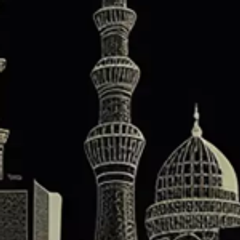
"I suffered so much, but I changed too."
Umm Tarek
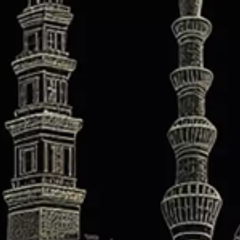
What the war took
Lutf Althokhab
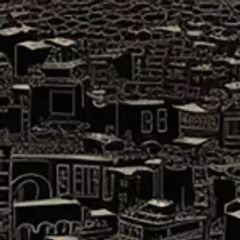
The bare necessities
Alaa Abdulaziz
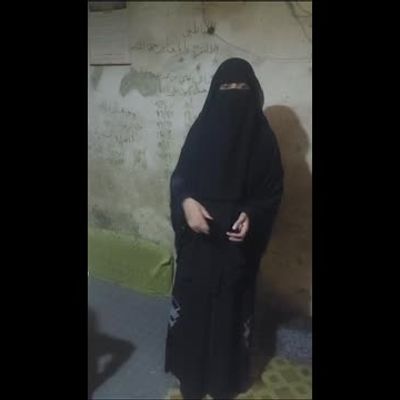
Shelter in a grocery shop
Asia Qaed Hasan
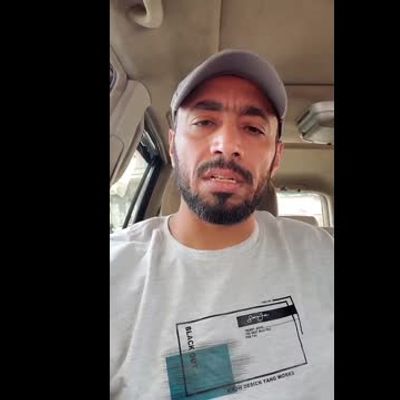
"Guilty of taking a photo."
Nabeel al-Awzari
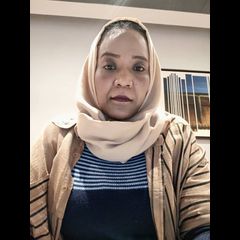
"I started from scratch."
Safa Obaid
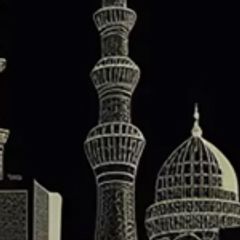
Shocking news
Yusra Ahmed

Dreams on hold
Mohammed al-Junaid
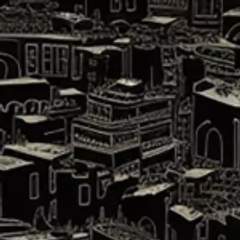
What was it for?
Umm Khaled Bint al-Shehab
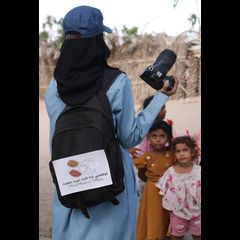
Living through the bitterness
Amatalrahman al-Afouri
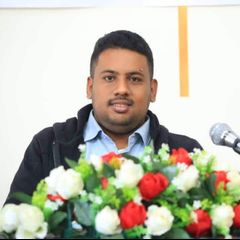
"My experience inspired me to help others."
Mohammed Yaslam
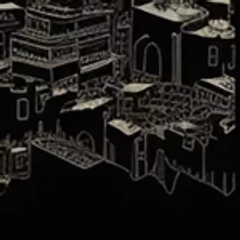
Nothing but bread and water
Ahmed al-Areqi
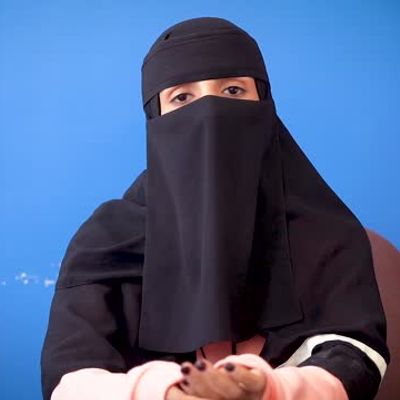
"My father was everything."
Rajaa Abdullah Dahwan
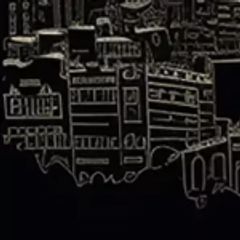
A future for our children
Fahd al-Zuhairi
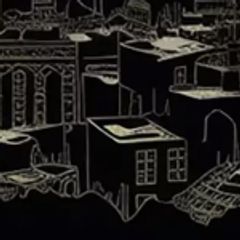
"The strong eat the weak."
Yahya Ali Hasan Ali
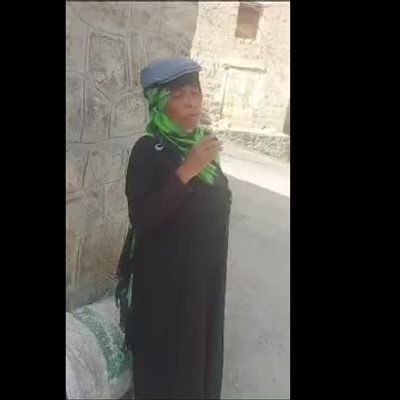
"I am alone."
Samira Abdo Mohammed
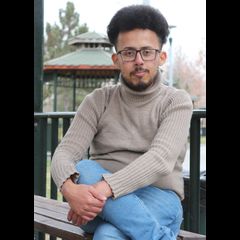
"I don't think about going back to Yemen anymore."
Assem al-Khadhami
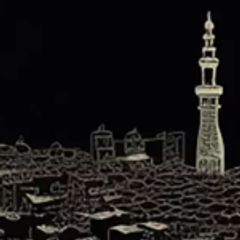
"The war made me stronger."
Magda Ahmed
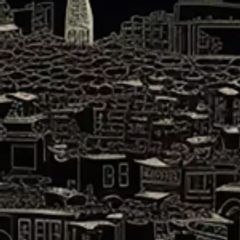
"The war has changed people."
Badeer
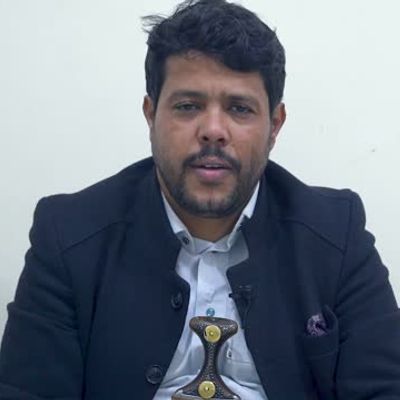
One actor's wish
Abdul Mohsen al-Marrani
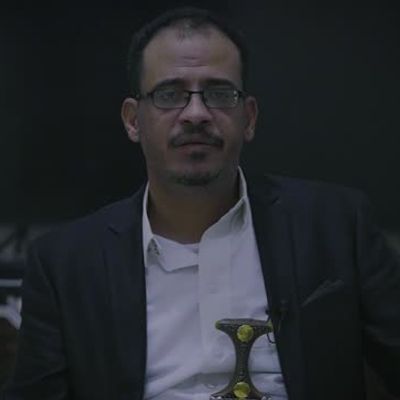
Forced into silence
Hassan Radman
THE YEMEN LISTENING PROJECT
Where Yemenis talk, and the world listens
The people planning and funding wars, devising aid plans, and trying to negotiate peace all too often fail to talk to the people living at the centre of it all.
Long before Gaza hit the headlines, the term “world’s worst humanitarian crisis” often referred to Yemen. Its devastating war and economic collapse, which began nine years ago, has left hundreds of thousands of people dead from violence, disease, starvation, and a lack of healthcare. Tens of millions more have been caught up in Yemen’s conflict, but its story has mostly been told by journalists, aid groups, and politicians. Until now.
What has it really been like to live through all this? To find out, The Yemen Listening Project asked Yemenis one question: “How has the war impacted your life?”
More than 100 Yemenis – from inside the country and across the world – answered. They sent emails and WhatsApp messages, voice notes, videos, poems, and pictures.
They include testimonies of loss, life in exile, and what it is like to live through bombing and ground battles. But there are also tales of love, family connection, and personal and professional persistence in the face of impossible-seeming obstacles.
When Yemen does make the news, it's too often reduced to faceless narratives. Close this window for a look into the lives behind the headlines, and to listen to Yemenis as they tell their stories, in their own words, in Arabic and English.
*The New Humanitarian cannot independently verify the details of each individual story. They have been edited for style, length, and clarity.
How did The Yemen Listening Project collect stories?
We asked people to submit their stories, in Arabic or English, on an online form, via email, Facebook, or a dedicated WhatsApp number. Once the submissions came in, we asked local journalists to gather stories from some parts of Yemen that were not yet well represented in the submissions.
Why wasn’t every story published?
Unfortunately, we did not have the space to publish every story, but we did read every entry.
Were the stories edited?
Stories were edited for style, length, and clarity. We did add a little context to some stories to help readers who are not familiar with Yemen’s war. Translations between languages are not always word for word.
What’s next for The Yemen Listening Project?
The Yemen Listening Project will be hosting online and in-person events about the project, about Yemen, and about inclusive journalism. Click here to receive updates.
I have an idea for my own listening project. Who should I contact?
Email yemenlistening@thenewhumanitarian.org with the subject line “listening project idea”. If we have enough takers, we will invite you to future workshops about what we have learned in the process of making The Yemen Listening Project, and help connect you with other people who are interested in the same things.Where can I learn more about Yemen?
Houthi rebels, officially called Ansar Allah, took over Yemen’s capital city of Sana’a in late 2014. In March 2015, a Saudi Arabia and United Arab Emirates-led coalition began bombing Houthi-controlled parts of the country, as part of a military campaign to support Yemen’s internationally recognised government.You can find all of The New Humanitarian’s coverage of Yemen’s war and humanitarian crisis here.
What is The New Humanitarian?
The New Humanitarian is a nonprofit newsroom that puts quality, independent journalism at the service of the millions of people affected by humanitarian crises around the world. We report from the heart of conflicts and disasters to inform prevention and response.
Credits
| Direction and editing: | Annie Slemrod |
| Project coordination: | Nuha al-Junaid |
| Translation: | Suha al-Junaid and Natakallam |
| Design and web development: | Marc Fehr |
| Audience production: | Whitney Patterson |
| Events: | Matt Crook |